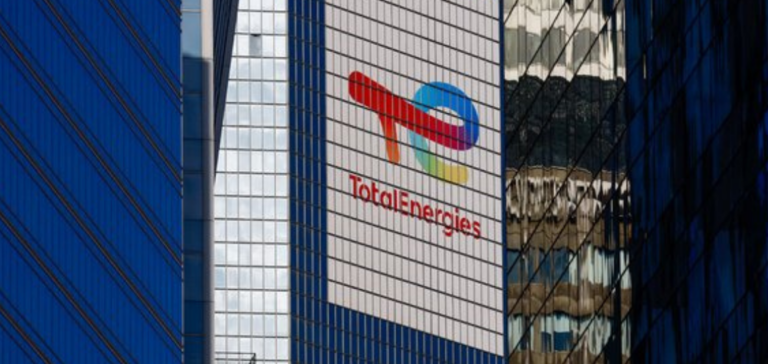TotalEnergies has published its annual report, which forecasts that the share of natural gas in global energy demand will remain stable at around 22% to 24% by 2050, regardless of the measures taken to combat global warming.
A different perspective from the IEA
The report, now in its 5th edition, offers a different perspective to that of the International Energy Agency (IEA), which anticipates a peak in demand for gas, oil and coal within the decade.
The role of natural gas in a low-emission system
According to Patrick Pouyanné, CEO of TotalEnergies, to achieve a low-greenhouse-gas-emission electricity system, we need to focus on renewable energies, while using gas as a complement to manage intermittency and ensure system reliability.
TotalEnergies strategy
TotalEnergies is increasingly focusing its strategy on natural gas, especially liquefied gas, rather than oil. Thanks to its investments in wind and solar power, the Group expects to keep its projected carbon footprint stable between now and 2030, while continuing to supply more energy.
Scenarios for the world’s energy future
Helle Kristoffersen, Group Strategy Director, pointed out that many Asian countries and Germany are planning to use more gas and reduce their dependence on coal, which will help reduce greenhouse gas emissions.
TotalEnergies presents three scenarios for the next 30 years, all based on population growth. The worst-case scenario sees a slight reduction in the use of coal and oil, but high demand for gas, leading to a global temperature rise of over 3°C.
The other two scenarios envisage a significant reduction in the use of coal, with positive consequences for limiting global warming.
Ultimately, the future of natural gas in the global energy sector remains uncertain. Decisions taken by governments and businesses will play a decisive role in reducing greenhouse gas emissions. TotalEnergies believes that natural gas will remain a necessary complement, but the debate on its use will continue in the years to come.






















